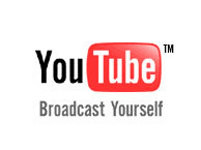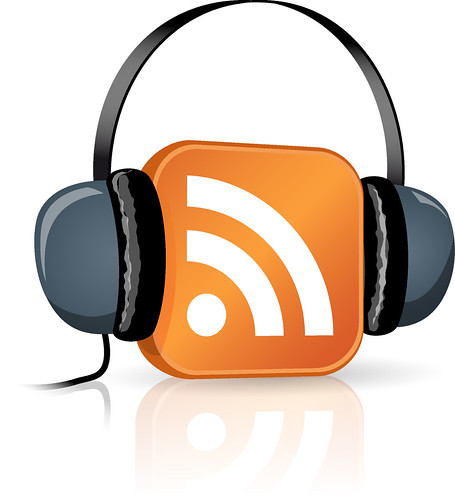I’d like to start with an overview of some Web tools you can use to retrieve useful sources online:
(My reflections are based on information I found in the University of Essex & Monash University websites)
SEARCH ENGINES
In general, to find useful sources, I start asking a search engine using keywords related to the subject I’m interested in. This is often very frustrating because you can end up with so many useless results. For this reason I usually have a look only at the first result pages; there you’re more likely to find relevant links, and if I don’t get anything interesting, I try to reformulate my query in the search bar. As stated in the University of Essex website, in order to cut off irrelevant material, you can enclose the words you want appear together within inverted commas, or you can use the Boolean operators. Sometimes I carry out advanced searches with Google; this way I can ask only for PDFs (this is the file type academic papers written by university professors or experts are mostly published) or for .edu, .ac.uk websites, which are more trustworthy since they’re websites of American or British universities.
META-SEARCH ENGINES & SPECIALIZED SEARCH ENGINES
Reading the Tips from the University of Essex allowed me to learn of meta-search engines, like Mamma (i.e. ‘search engines which search other search engines and give you the most relevant returns from each’), and of specialized search engines, such as Google Scholar, which enables you to search for scholarly literature (peer-reviewed papers, theses, books, abstracts and technical reports) belonging to all areas of research.
WEB DIRECTORIES
According to the Monash University, Subject Gateways or Directories are lists of webpages, divided into subject areas; I’ve never considered the usefulness of such tools to find sources, but if you are interested in Languages and Linguistics, as I am, let’s have a look at these pages from Yahoo Directory (click here) and from Google Directory (click here). They show how much directories can be of help to quickly find out a number of relevant sites that undoubtedly deal with the subject you are doing research.
DATABASES
There are lots of repository sites offering lists of links to other sites that are arranged by topic and that can be trusted because they have been evaluated and selected by subject specialists; two examples are the Librarians' Internet Index and the Intute website.
By the way, whatever tool you might use to retrieve reference material, before opening a webpage, you should always have a look at the URL: the domain can tell you a lot about the organization hosting the webpage: whether it’s a commercial (.com or .co), educational (.edu or .ac), non-profit (.org), military (.mil), government (.gov), international (.int) organisation, etc. The fact that a webpage is hosted by a .edu or .gov organization is a further guarantee of its quality and relevance. Another thing you ought to look at is the site rating. For example, now that I can subscribe to feeds or bookmark on del.icio.us, I often check the number of subscribers a site has. If it’s high, this can be considered further evidence for its reliability.
CRITERIA I used or will use to evaluate sources of information (no matter whether they are on paper or on the Web)
(My reflections make reference to information I found both in Purdue’s OWL and San Diego State University websites)
TABLE OF CONTENTS & PREFACE
First of all, I always have a look at the table of contents in order to have an overview of what is discussed in each chapter or section of the source and so to decide if it’s worth reading it. Then, I always read the preface or introduction of a document to have a deeper insight into its content and to better understand what the author’s aim is.
AUTHORSHIP
I try to find out who the author is (this can be more difficult if the source is a webpage), and once I know the author, I search for further information about his/her career: what his/her profession and education level are, what else he/she has written, if he/she is an expert in the field and why. Finally, another relevant aspect is to see if the author is quoted in other sources and whether he/she gives a contact address; this is actually a good signal of the author’s responsibility.
TIMELINESS
Another point is the publication date: when the source was first published, if and when it has been revised or updated. This is quite important since outdated material cannot be useful any more.
PUBLISHER
As I’ve said above talking about the importance of the domain in the URL, the publisher’s reputability (in case of a webpage the organization hosting it) is meaningful too. According to OWL, some publishers ensure some quality control over the material, for example, ‘a university press or a government agency is likely to be a reputable source that reviews what it publishes’. As a matter of fact, the fact that a work has been reviewed increases its reliability.
AUDIENCE
In the preface (and this again proves the importance of reading it), the author usually says who his/her target is. If not, you can realize if you are the intended audience just by quickly reading through some passages and check if the style, level of information, and assumptions the author makes about the readership are appropriate for you. According to your general knowledge on the subject and to your purpose, the source may be too scholarly, too specialized, or too general to be valuable to you.
BIBLIOGRAPHY
You ought to check what material the author makes reference to in his/her work, if it is dependable and, thus, if it could be exploited for your research as well. For instance, I always check if the author documents the sources he uses both within the text and, at the end, by listing them in a bibliography; I carefully read through the bibliography to see if the reference material is valuable and might be helpful for me too.
Elena










